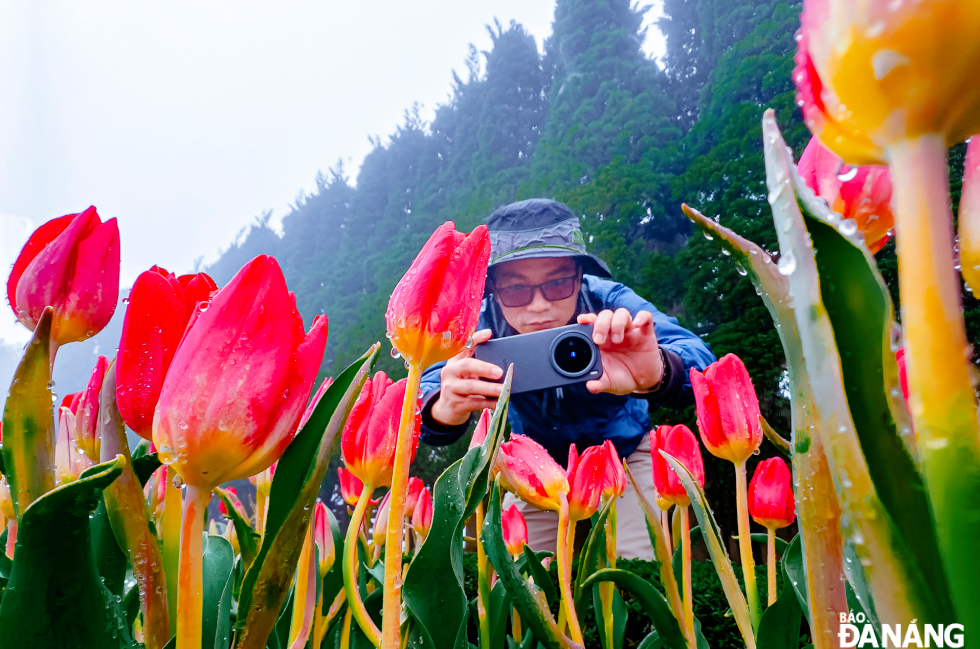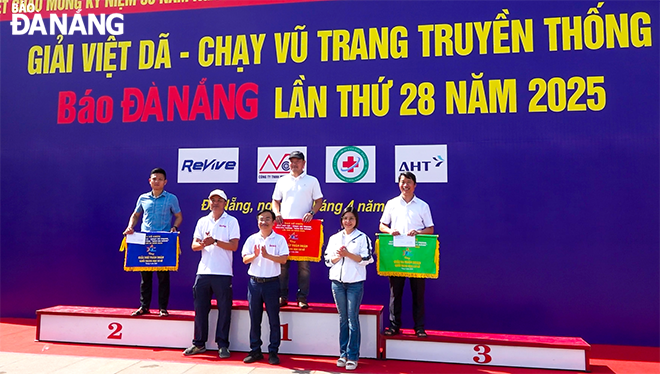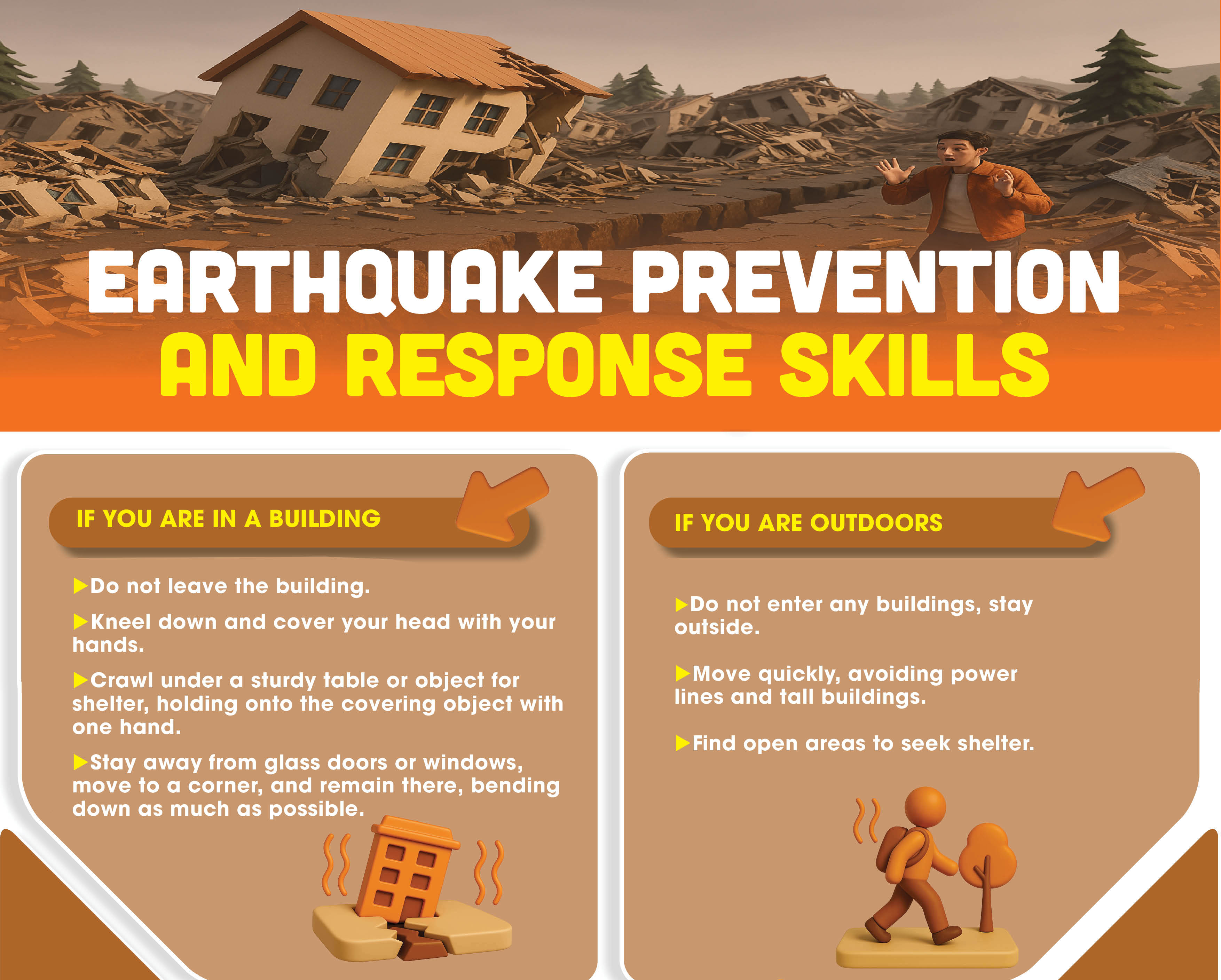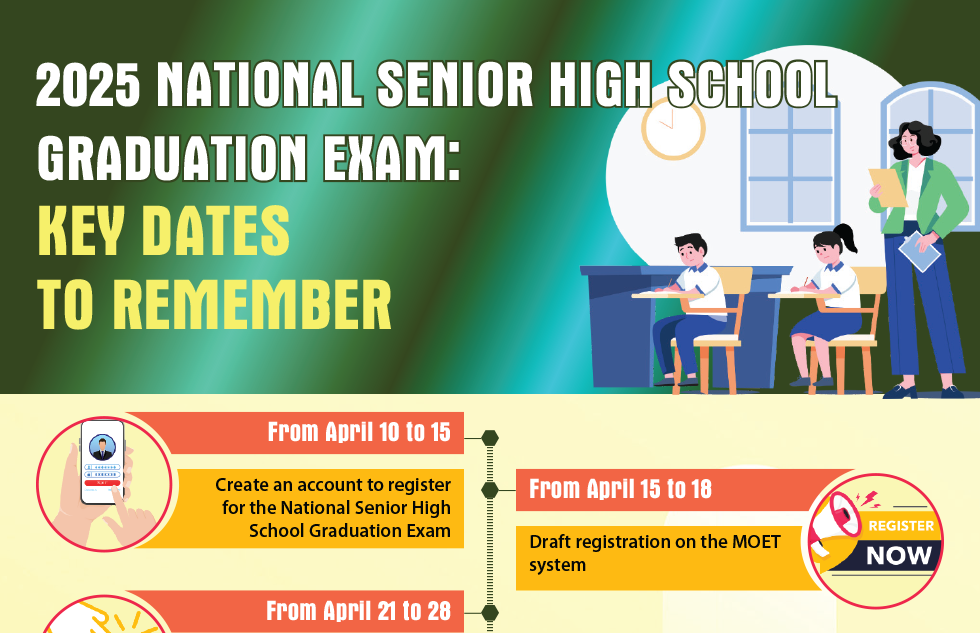Da Nang keeps visitors on their toes with smallest yet significant things
In order ensure tourists will have a good impression on Da Nang, sometimes collecting waste for environmental sanitation, keeping public toilets or ensuring traffic safety seems like a small thing but is very necessary to keep visitors on their toes.
 |
| Showing of beautiful scenery and modern tourism infrastructure, Da Nang is an ideal Vietnamese destination but it still has to do more things to keep tourists on their toes. Photo: NGUYEN TRINH |
It can be seen that the installation of public trash cans on roads and public areas gradually creates a habit for everyone in classifying trash at source and reduce the use of plastic waste, and from there, mobilising people to maintain a civilised and environmentally-friendly urban lifestyle. Therefore, it is necessary to choose a trash can model that separates waste at the source, is aesthetically pleasing, environmentally friendly, durable, beautiful and suitable for people’s usage habits.
For example, trash cans decorated with paintings of funny animals are very suitable to be placed in parks and play areas. Not only do they contribute to beautifying the space but they also help children enjoy and practice awareness of putting trash in the right place.
Currently, a number of large cities have replicated the model of installing technological trash bins. Accordingly, in order to create for people the habit of keeping the environment clean in public places and throwing trash in the right places, at the end of 2019, Ha Noi implemented a project to install more than 11,000 trash bins with combined technology and functions.
This is a technological trash can, equipped with solar panels on the roof. The electricity generated is used to light up information and advertising panels above the trash can. The trash can is designed with 2 separate compartments for non-recyclable and recyclable waste with clear annotations.
Trash can has a capacity of about 80 litres, placed about 50 metres apart, ensuring convenience for pedestrians on the sidewalk as well as tourists when they need to dispose of trash.
The fact that trash cans use solar energy for night lighting has beautified the entire street, helping passersby have more civilised trash disposal locations.
Currently, visitors to Da Nang no longer have to struggling finding a decent toilet to relieve themselves during their outings as restaurant, hotel, business and service establishments have volunteered to open their restrooms to the public. Pedestrians only have to find establishments with a logo of a blue smiley face ‘Free restroom’ with the message ‘Comfort as home’ when they need to answer the call of nature.
The campaign aims to make Da Nang a safer and more friendly destination for both domestic and foreign travellers. Moreover, the intention is to uphold the responsibilities of the local organsiations and individuals in effectively building healthy living and tourism environment, and a civilised urban lifestyle.
In fact, sharing toilets like this makes tourists feel uncomfortable when they use the toilet for free without using the services of food and accommodation businesses. This is only a temporary solution when the city still lacks public toilets. In the long term, the city also needs to think over investing in building modern public toilets to serve tourists.
Recently, Ho Chi Minh has installed two smart public toilets at 8 Nguyen Trung Truc and 135 Nguyen Hue, District No. 1, from community-based investment sources to serve completely free of charge for residents and tourists with an investment cost of VND635 million/one toilet.
Both smart toilets meet ASEAN international standards, including a shared restroom and management kiosk, with many outstanding features such as remote management and incident reporting via the Internet network; ventilation, automatic fans; automatic disinfection with UV rays and drying.
All operations use automatic sensors or foot pedals, avoiding bacterial cross-infection. All types of garbage that clog toilets that we often encounter in public places will be crushed into foam or sludge by the machine before being taken out of the centralised treatment system. This is a solution that helps minimise toilet clogging during use, without having to dig a septic tank, saving space and ensuring environmental hygiene.
Over the past years, many countries around the world have upgraded their public toilets to be very beautiful and modern thanks to highly artistic or impressively minimalist designs. Among them are the toilets at Centennial Park Amenities campus in Sydney, Australia with an impressive oval design in the middle of a green campus, close to nature and with a modern, convenient system for visitors.
The public toilet located in Wellington harbor, New Zealand with a design that resembles snails or some mysterious sea creatures. The design includes elongated tails to increase air circulation and naturally capture the breeze. This structure is meant as a symbol that shows respect for the history and role of the long-standing maritime industry in the region. With public restrooms like this, they not only serve tourists well but also create a beautiful impression of the place they visit.
One of the things foreign tourists fear most when coming to Viet Nam is getting involved in traffic, especially women and the elderly. Many tourists advise each other that, so as to cross the road in Viet Nam, foreigners need to pay attention to the "3 S" rule.
First of all, "See", which means you must observe to see if the driver can see you, next is "Signal", which means you must have a signal for drivers to pay attention to you by raising your hand or any object, and finally "Step by step", which means crossing the road step by step to cross the road.
Travel, accommodation and transportation are among important factors that determine the success of the tourism industry, and transportation is the "thread" connecting the aforementioned factors. No matter how attractive a destination is, if the traffic is not convenient and the connection is not good, it will not be an ideal destination for tourists.
First of all, the tourist transportation system needs to be convenient and connect with tourist destinations. In addition, it is necessary to install a signal light system for pedestrians on streets with complicated traffic conditions.
In order for pedestrian signals to be effective, the inspection, maintenance and repair of signal lights also need regular attention.
At the same time, it is a need to raise people's awareness of traffic culture to build a beautiful image of a peaceful and friendly city in the eyes of tourists.
Reporting by DOAN GIA HUY - Translating by A.THU








